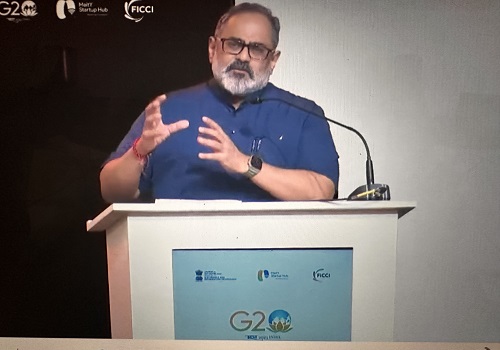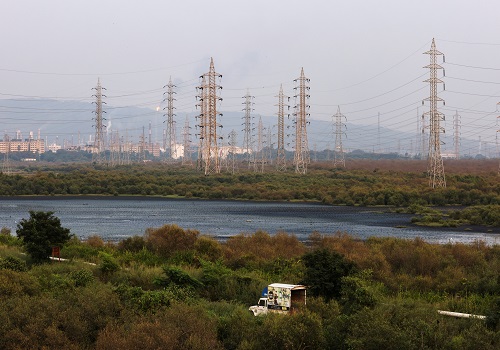Indian equities end lower for fourth straight day on Wednesday
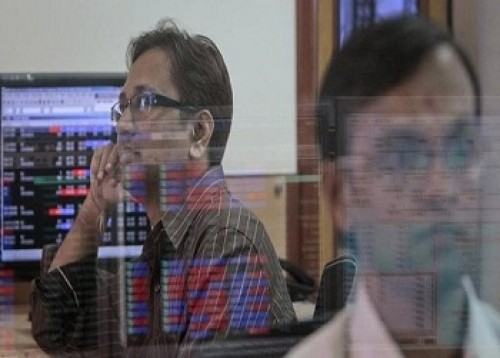
Follow us Now on Telegram ! Get daily 10 - 12 important updates on Business, Finance and Investment. Join our Telegram Channel
Indian benchmark indices ended lower for the fourth straight day on Wednesday, amid a mixed trend across global markets as investors awaited the outcome of a key Fed meeting. Key gauges made cautious start and swung between gains and losses throughout the session, as unabated foreign fund outflows continued to weigh on the domestic equity markets. Foreign institutional investors (FIIs) remained net sellers in the capital market, as they sold shares worth Rs 4,164.01 crore on Monday, as per exchange data. Some concerns also came after Crisil Ratings said in a report that non-banking financial companies are likely to witness close to Rs 18 lakh crore of their outstanding debt getting repriced at higher levels in FY23 amid the rising interest rate scenario. The agency expects borrowing cost of NBFCs (Non-Banking Financial Companies) to go up by 85-105 basis points (bps) in this fiscal owing to recent hikes in repo rate by 90 basis points in two tranches and an expected rise of another 75 bps in the remaining fiscal.
Cautiousness prevailed in the markets in late afternoon deals, after data showing that India's trade deficit widened to a record $24.29 billion in May 2022 from $6.53 billion in the same month last year due to a sharp jump in the country's imports. The merchandise trade deficit in May 2022 is the highest ever monthly gap. On a year-on-year basis, it has surged by 271.96 per cent. Some anxiety also came after credit rating agency, India Ratings and Research (Ind-Ra) in its latest report has said that the sharp rise in the interest rate is likely to affect the volume in non-priority sector lending (PSL) securitisation in the near term, unlike that of PSL transactions, which are more driven by regulatory requirements. According to the report, the sharp rate rise of more than 1%-2% along with a challenging business environment may affect borrowers with floating interest rate loans such as home loans and loan-against-property (LAP), and especially borrowers having lesser financial flexibilities.
On the global front, European markets were trading higher as European Central Bank policymakers called an emergency meeting later today to discuss the recent sell-off in government bond markets. Asian markets ended mostly lower on Wednesday as investors awaited the Federal Reserve's interest-rate decision later in the day for clues on how aggressive the U.S. central bank intends to be in the coming months. Amid mounting concerns over inflation that is running at a four-decade high, investors are bracing for a more aggressive move than the 50-basis-point hike they'd broadly priced in. Back home, edible oil industry stocks were in focus as Solvent Extractors Association (SEA) said India's palm oil imports declined by 33.20 per cent to Rs 5,14,022 tonne during May this year, but there was sharp rise in shipment of RBD palmolein oil by refineries. Insurance industry stocks were in watch as regulator Irdai reduced the solvency margin requirement for general insurers providing crop insurance, a decision expected to unlock Rs 1,400 crore of funds for them to undertake more business.
Finally, the BSE Sensex fell 152.18 points or 0.29% to 52,541.39 and the CNX Nifty was down by 39.95 points or 0.25% to 15,692.15.
The BSE Sensex touched high and low of 52,867.73 and 52,493.36, respectively. There were 13 stocks advancing against 17 stocks declining on the index.
The broader indices ended in green; the BSE Mid cap index rose 0.52%, while Small cap index was up by 0.49%.
The top gaining sectoral indices on the BSE were Auto up by 0.90%, Industrials up by 0.60%, Capital Goods up by 0.57%, Consumer Disc up by 0.57% and Healthcare up by 0.42%, while Power down by 0.91%, Energy down by 0.82%, Oil & Gas down by 0.81%, Utilities down by 0.79% and Metal down by 0.74% were the top losing indices on BSE.
The top gainers on the Sensex were Bajaj Finserv up by 4.24%, Bajaj Finance up by 2.04%, Tata Steel up by 1.52%, Larsen & Toubro up by 0.97% and SBI up by 0.83%. On the flip side, NTPC down by 2.02%, Infosys down by 1.29%, Reliance Industries down by 1.18% and Wipro down by 1.07% and Hindustan Unilever down by 1.01% were the top losers.
Meanwhile, Fitch Ratings in its update to Global Economic Outlook has said the Reserve Bank of India (RBI) may raise interest rates further to 5.9 per cent by December 2022, on deteriorating inflation outlook. It stated India’s economy faces a worsening external environment, elevated commodity prices, and tighter global monetary policy. Last month in an unscheduled policy announcement, the Reserve Bank of India (RBI) raised rates by 40 basis points to 4.4 per cent, and subsequently to 4.9 per cent last week.
The RBI has forecast inflation to be 6.7 per cent by the end of current fiscal. The retail inflation for May came in at 7.04 per cent, while wholesale price-based inflation spiked to a record 15.88 per cent. It mentioned that inflation has risen to an eight-year high and broadens across more CPI categories, posing a severe challenge to consumers. In the past three months, food inflation has increased by an average of 7.3 per cent year-on-year, while healthcare bills are rising at a similar pace.
Further, it said the April-June quarter growth is likely to improve on a rebound in consumption as COVID-19 cases subsided towards end-March. Besides, it stated ‘GDP grew by 4.1 per cent year-on-year in 1Q22 (January-March) compared to our March forecast of 4.8 per cent. We now expect the economy to grow by 7.8 per cent this year (2022-2023), revised down from our previous forecast of 8.5 per cent.
The CNX Nifty traded in a range of 15,783.65 and 15,678.90. There were 25 stocks advancing against 25 stocks declining on the index.
The top gainers on Nifty were Bajaj Finserv up by 4.22%, Bajaj Finance up by 2.22%, Tata Motors up by 1.93%, Hero MotoCorp up by 1.78% and Grasim Industries up by 1.73%. On the flip side, ONGC down by 3.17%, NTPC down by 2.05%, Infosys down by 1.34%, Reliance Industries down by 1.23% and Wipro down by 1.22% and were the top losers.
European markets were trading higher; UK’s FTSE 100 increased 90.58 points or 1.26% to 7,278.04, France’s CAC rose 46.87 points or 0.79% to 5,996.71 and Germany’s DAX was up by 134.10 points or 1.01% to 13,438.49.
Asian markets ended mostly lower on Wednesday ahead of the US Federal Reserve’s interest-rate decision later in the day. Investors have raised their bets that, to tackle inflation, the US Federal Reserve will raise interest rates aggressively by 75 basis points, which would be the largest US interest rate hike in 28 years. Japanese shares fell even though a survey showing an improvement in confidence among Japanese manufacturers. The selloff persisted even after the Bank of Japan ramped up its bond buying program and Japan's core machinery orders posting a surprise double-digit growth in April. Moreover, Seoul shares declined after reports that South Korea's unemployment rate ticked up 0.1 percentage point to 2.8% in May. However, Chinese and Hong Kong shares gained after a slew of data from China topped expectations. Data showed that Chinese factory activity rebounded slightly in May, retail sales fell less than expected in the month and fixed asset investment for the January to May period topped expectations due to relaxation in Covid-related restrictions.
Above views are of the author and not of the website kindly read disclaimer
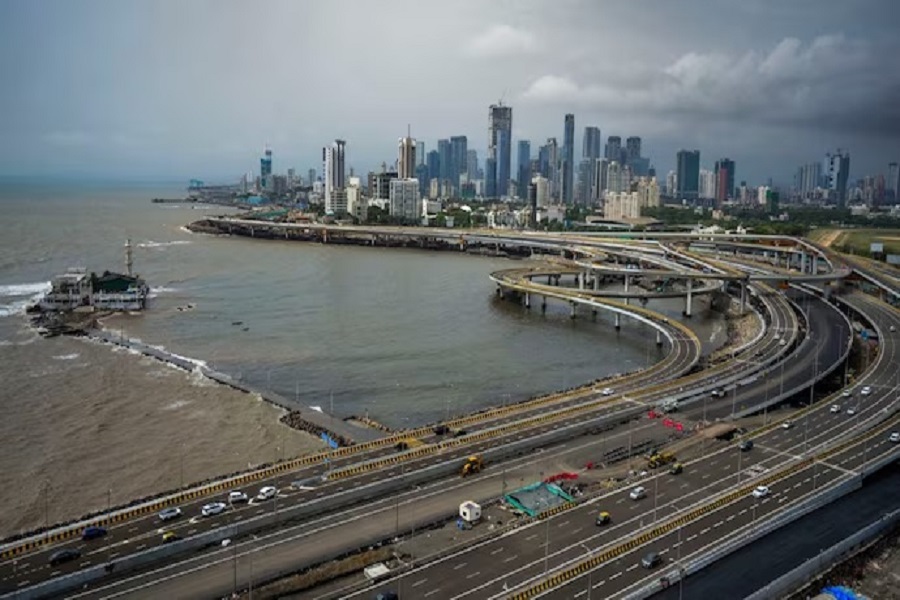





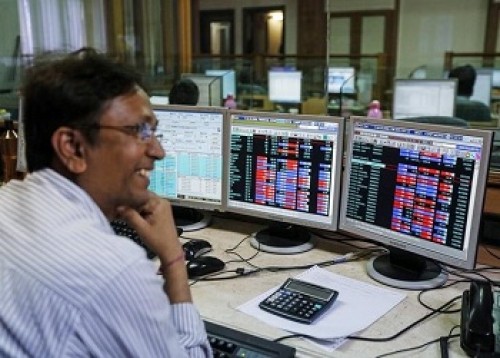

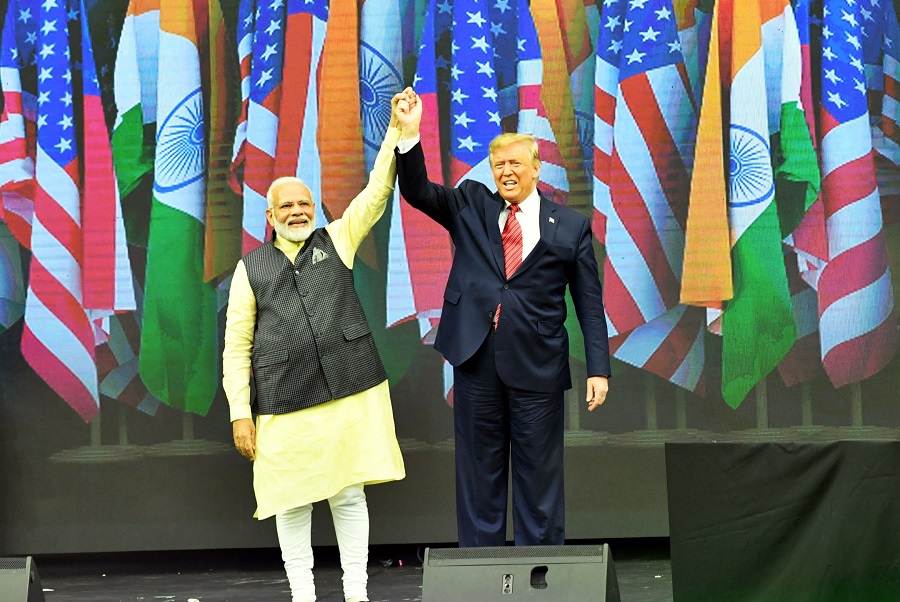

Tag News

Weekly Market Analysis : Markets strengthened recovery and gained nearly 2% in the passing w...






